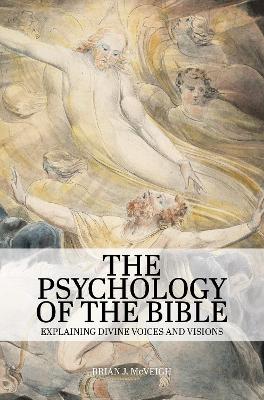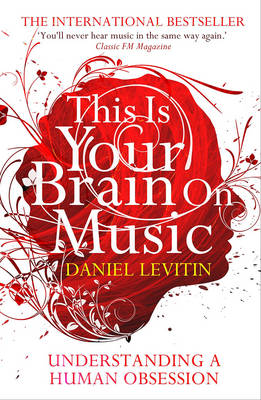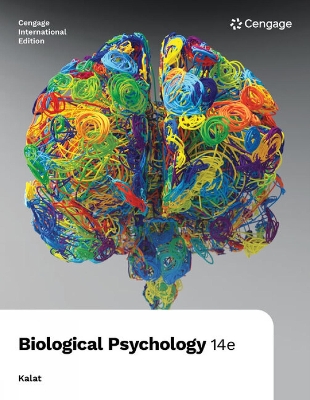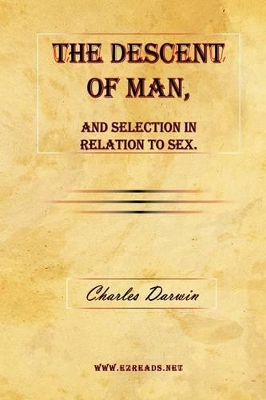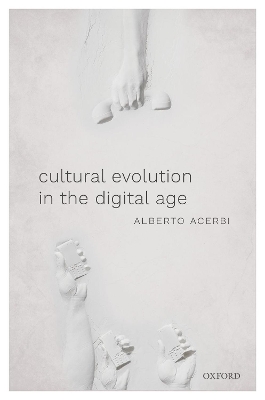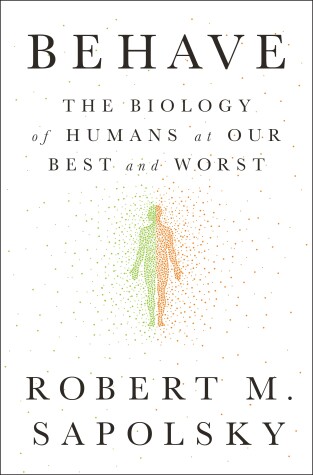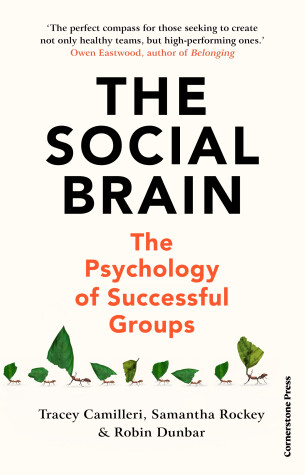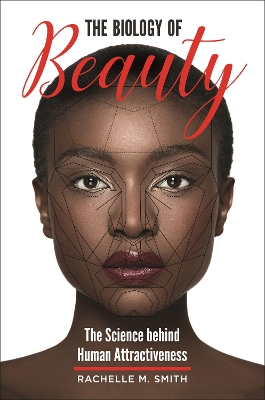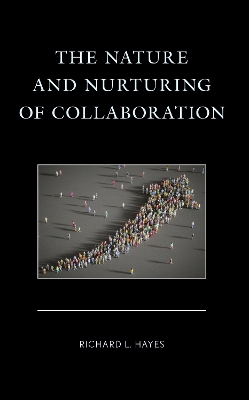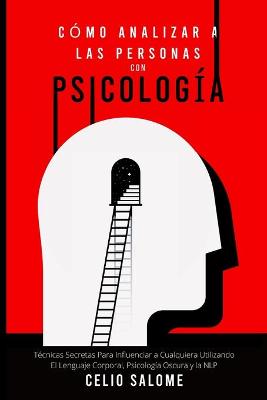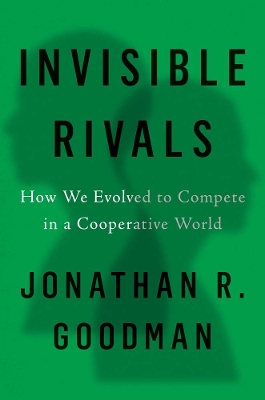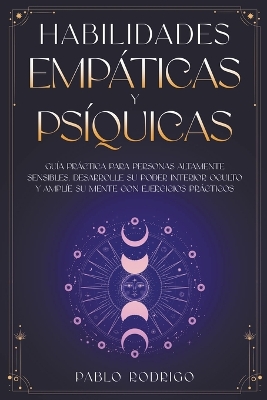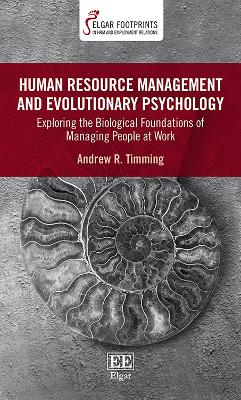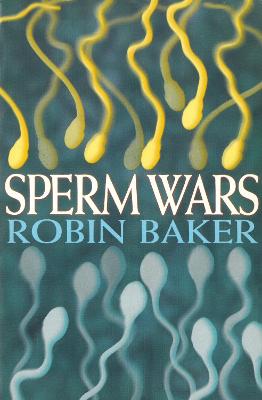Fire and brimstone, bellowing prophets, and a good dose of old-fashioned sermonizing - these are the images the Bible brings to mind. But this assortment of sacred writings, in particular the Old Testament, is more than a collection of colorful allegories or miracles-and-morals mythology. Though written in the first millennium BCE, these holy writings are a nostalgic recounting of a lost 'super-religious' mentality that characterized the Bronze Age. The Psychology of the Bible explores how the O...
Test Bank (Download only) for Introduction to Biopsychology, Global Edition
by John Pinel
Finalist for the Los Angeles Times Book AwardThe Independent best books of the yearThe Guardian best books of the year This is the first book to offer a comprehensive explanation of how humans experience music and to unravel the mystery of our perennial love affair with it. Using musical examples from Bach to the Beatles, Levitin reveals the role of music in human evolution, shows how our musical preferences begin to form even before we are born and explains why music can offer such an emotional...
Introduce the latest developments in biological psychology today with the most widely used text for this area of study: Dr. James Kalat's BIOLOGICAL PSYCHOLOGY, International Edition 14E. A best-seller for more than four decades, this book combines a high level of scholarship and thought-provoking content with a clear writing style that makes biological psychology understandable and relevant to psychology students as well as biology and pre-med majors. Amusing anecdotes, quotes from contemporary...
The Descent of Man, and Selection in Relation to Sex.
by Professor Charles Darwin
In the current resurgence of interest in the biological basis of animal behavior and social organization, the ideas and questions pursued by Charles Darwin remain fresh and insightful. This is especially true of The Descent of Man and Selection in Relation to Sex, Darwin's second most important work. This edition is a facsimile reprint of the first printing of the first edition (1871), not previously available in paperback. The work is divided into two parts. Part One marshals behavioral and mor...
Advances in Dementia Research
From emails to social media, from instant messaging to political memes, the way we produce and transmit culture is radically changing. Understanding the consequences of the massive diffusion of digital media is of the utmost importance, both from the intellectual and the social point of view. 'Cultural Evolution in the Digital Age' proposes that a specific discipline - cultural evolution - provides an excellent framework to analyse our digital age. Cultural evolution is a vibrant, interdiscipl...
An Open Letters Review Best Book of the YearA leading expert in animal behavior takes us into the wild to better understand and manage our fears.Fear, honed by millions of years of natural selection, kept our ancestors alive. Whether by slithering away, curling up in a ball, or standing still in the presence of a predator, humans and other animals have evolved complex behaviors in order to survive the hazards the world presents. But, despite our evolutionary endurance, we still have much to lear...
New York Times bestseller • Winner of the Los Angeles Times Book Prize • One of the Washington Post's 10 Best Books of the Year “It’s no exaggeration to say that Behave is one of the best nonfiction books I’ve ever read.” —David P. Barash, The Wall Street Journal "It has my vote for science book of the year.” —Parul Sehgal, The New York Times "Immensely readable, often hilarious...Hands-down one of the best books I’ve read in years. I loved it." —Dina Temple-Raston, The Washington Post Fro...
'A remarkable and important book . . . a highly accessible, timely and invaluable guide to anybody working in groups.' Prof Paul Gilbert OBE ___________________________________________________ How many people does the ideal team contain? How do groups bond, earn trust and forge shared identities? How can leaders build environments adaptable enough to respond to shocks and still enable people to thrive together? How can you feel close to people if your only point of contact is a phone or a comp...
There is no question more fundamental to human existence than that posed by the nature-versus-nurture debate. For much of the past century, it was widely believed that there was no essential human nature and that people could be educated or socialized to thrive in almost any imaginable culture. Today, that orthodoxy is being directly and forcefully challenged by a new science of the mind: evolutionary psychology. Like the theory of evolution itself, the implications of evolutionary psychology ar...
This thought-provoking book examines the science behind human attractiveness—the ratios, proportions, and other factors that to a large extent dictate what we find "beautiful." It's said that "beauty is in the eye of the beholder," but recent scientific research suggests that human attractiveness is much more objective than we once thought, deeply rooted in our biology and evolutionary history. For instance, facial symmetry is considered extremely attractive because it indicates good health and...
The Oxford Handbook of Evolutionary Psychology and Behavioral Endocrinology (Oxford Library of Psychology)
The Oxford Handbook of Evolutionary Psychology and Behavioral Endocrinology offers a comprehensive and compelling review of research in behavioral endocrinology from an evolutionary perspective on human psychology. Chapters, written by renowned experts on human behavior, explore a number of subtopics within one of three themes (1) development and survival, (2) reproductive behavior, and (3) social and affective behavior. Such topics include hormonal influences on life history strategy, mate choi...
Nature and the Nurturing of Collaboration tells the wondrous story of how the natural forces of biological evolution gave way to the co-evolution of genes and a nurturing culture that gave rise to us. Several million years in the making, collaboration is the story of human cultural evolution—who we are, how we came to be this way, and how collaboration enabled humans to dominate the Earth. Through a series of genetic accidents, disruptive climatic events, and changing social condition, humans em...
Cómo Analizar a las Personas con Psicología (Supere la Procrastinacion, la Ansiedad y la Psicologia Oscura)
by Celio Salome
A multidisciplinary view of how our competitive and cooperative natures make us human For centuries, people have argued about whether humans are moral animals—good or bad, cooperative or competitive, altruistic or selfish. The debates continue today, dressed up in the language of modern science. In this book, Jonathan R. Goodman makes the case for synthesizing the two sides. Drawing on insights from anthropology, evolutionary biology, and philosophy, he argues that rather than being fundamen...
Answering pressing questions regarding employee selection and mobbing culture in the workplace, Andrew R. Timming explores the unique intersection of the biological sciences and human resource management. With a rich set of theoretical and empirical chapters, the author shines an innovative light on the fields of human resource management, organizational behavior and evolutionary psychology, engaging with the nature vs. nurture debate as well as offering a ground-breaking explanation for workpla...
Evolution has programmed men to conquer and monopolise women while women, without even knowing they are doing it, seek the best genetic input on offer from potential sexual partners. Here are the new dramatic facts of life: 10% of children are not fathered by their 'fathers', less than 1% off a man's sperm is capable of fertilising anything - the rest is there to fight off other men's sperm, 'smart' vaginal mucus encourages some sperm but blocks others, and a woman is far more likely to conceive...
